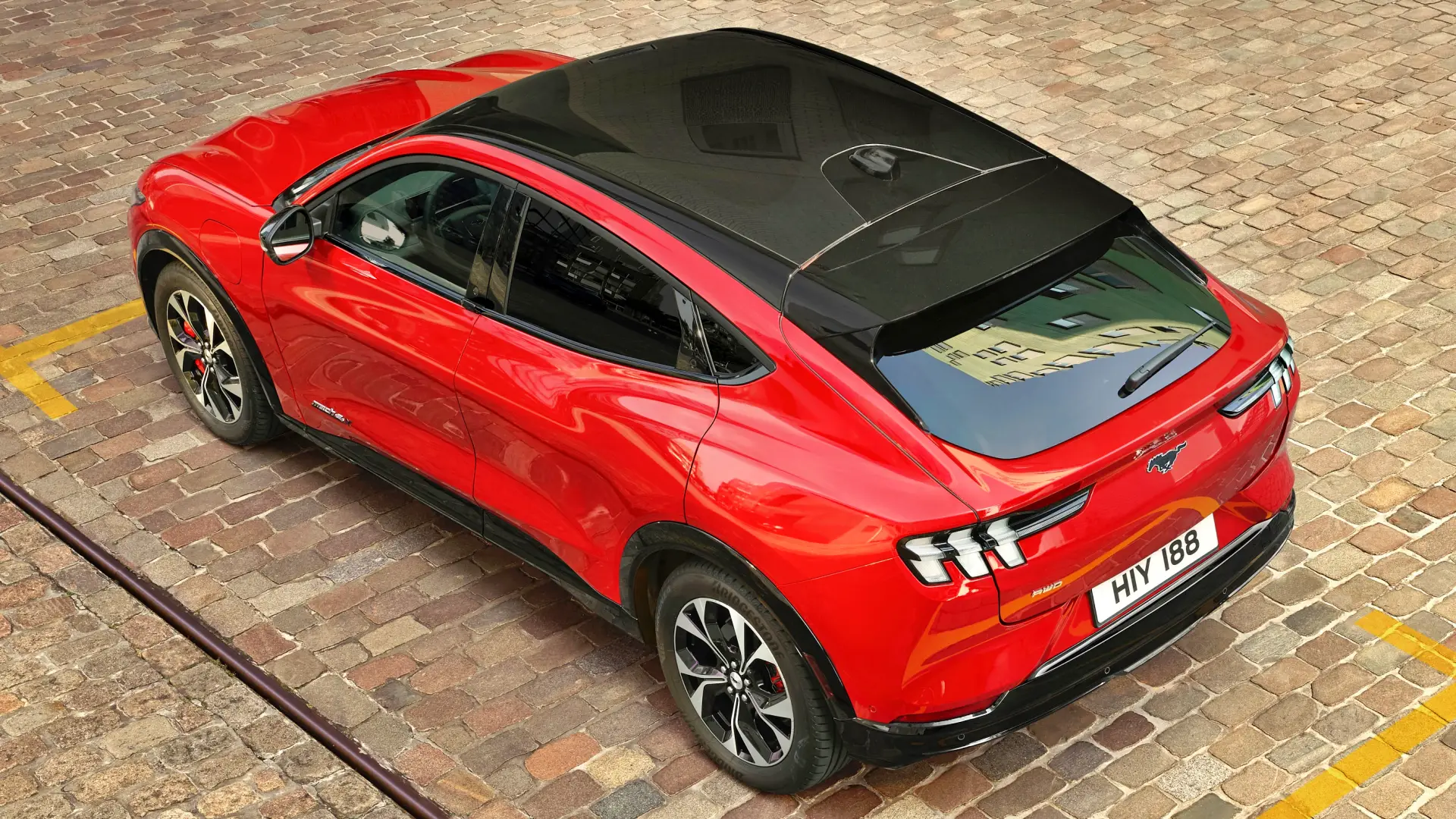
Ford is one of the manufacturers that is trying the most to innovate with its electric cars, and on several occasions, they have recognized Tesla‘s good decisions. They were among the first to react to the battery trend to address LFP cells in more entry-level models and reserve NMCs for more expensive ones. And now it has been learned that they have developed an invention to give their electric cars ‘infinite range’. Although discreetly, the American brand is working at a fast pace to try to revolutionize the electric car in the coming years. And this could be the way.
A Ford patent reveals that the American company is already thinking about the roads of the future and not only that but also the electric cars of the future. Judging by the information we have in this regard, it is clear that Ford considers that both will evolve hand in hand in the coming years. The technology that they have patented consists of a system of wireless charging coils embedded in the very pavement of highways, and other types of roads, which of course are connected to the network. So that? Well, for something as simple as charging electric cars while they are driving, range is no longer a problem and there is no need to stop, use a cable, and waste time. But there are many more advantages to this developing technology.
Ford’s innovative technology to achieve “infinite range” in future electric cars will also be much cheaper
We’ve seen wireless charging technologies posed to integrate into the road itself before, but Ford’s innovative solution has its peculiarities. This patent was published exactly one month ago, but it was registered at the beginning of the year, and it envisions that its future electric cars will have a special radar with the ability to detect wireless charging coils. This would help the in-vehicle power system to be properly aligned and as accurately as possible, to improve efficiency and ensure proper operation.
The detailed description of the technological patent explains that what Ford has planned is that this ground penetrating radar serves as a precise detection system so that the vehicle knows at all times where the transmission coils integrated into the road are. In this way, the coupling of the receiving coils that are installed in the vehicle can be optimized, and the result is none other than improving the charging rate of the vehicle’s battery even when driving at high speeds. For that, you need an ultra-wideband radar.

It is not only a question of hardware, but also of software, because, in the same patent, Ford provides a system for detecting, mapping, and forecasting the trajectory of the vehicle. The biggest problem in all this is that it is no longer something that depends only on Ford, and what they want to install in their electric cars, but depends on the regulatory bodies of each country and their intentions regarding the development of the roads. In other words, carrying out a deployment of wireless charging coils is somewhat more complex than it seems, especially due to the number of parts that are involved and the significant cost that this could imply.
But Ford’s idea is in line, as we said, which many other manufacturers have already had. Relatively recently Tesla bought a wireless charging startup for electric cars. And it is well known that this would reduce the current and future problems of the charging infrastructure for electric cars, and that it would also allow the construction of electric cars that are much cheaper, more efficient, and more ecological since they could use significantly smaller batteries. You don’t need so much energy storage capacity if you can be charging constantly and while driving.
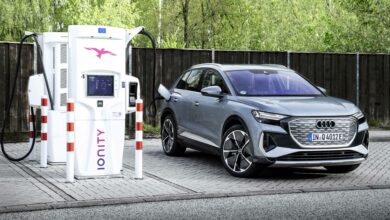
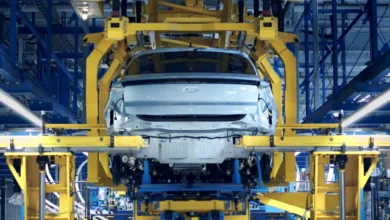
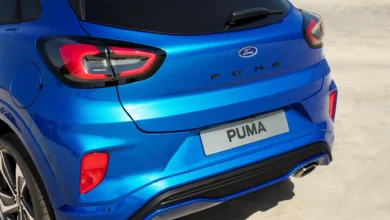
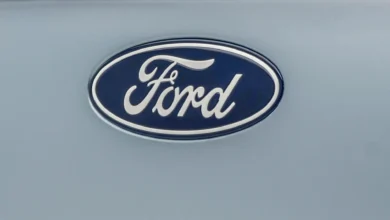
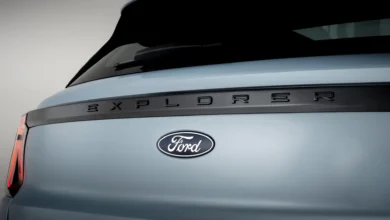
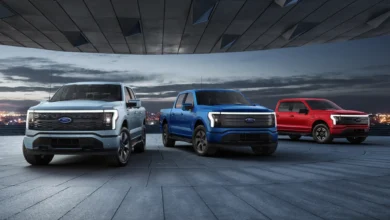
IMHO, Ford has 2 hard to beat issues. First, Tesla has the Supercharger network and Second, a Tesla model Y can be purchased for less than either of the 3 Mach E electrics sitting on the lot at my local Ford dealer. I read that Ford was making an agreement so sometime soon they could be charged using Tesla’s network, but will they use the NACS plug? The article I saw suggested they would not, and if they aren’t, will their EV’s charge as fast? I wouldn’t buy the electric Ford until I got a satisfactory answer to both of those questions.
Hi Mark, thank you for your valuable comment. Tesla is always one step ahead of all brands. Because it entered the electric car market before anyone else and produced vehicles with high user-orientedness. Tesla Model Y is already one of the best-selling cars in the world, and it manages to attract the attention of users with both its technology and price. I believe Ford needs more time on this road and then they will make serious progress in charging and range issues.
Hmmm,
Electrified wireless charging roads.
I’d say, if they would just fix the potholes, I’d call it a win.
Well thought out! They can’t even be relied upon to give us descent road’s especially in the inner cities and now they want cars that are going to be charged as they roll down the road?
What a costly infrastructure improvement that would be! Sounds like Ford and/or others with this dream should visit the “Land of Oz” and ask for a brain when they find the wizard! Ha Ha!
Ford’s patent is not innovative, in Europe they are already testing this idea, and the practical applications are Not there. The electrical infrastructure of the US would require a total rebuild to support this. Too expensive, also too much loss from wireless transmission. Electric is not the answer.